“I realized that there is something out there. But what’s out there isn’t what we’ve been taught in the residential schools, even on the reserves with missionaries; that’s not it. What’s out there is the Creator and our ancestors and all of our spirits,” recalls Elizabeth Hawksmith, an Ojibwe woman who grew up in Sarnia, Ont.
Though her parents raised her as a Christian, Hawksmith found meaning in stories shared by her grandfather, an Indian day school survivor, and in the process lost her religion.
You may unsubscribe from any of our newsletters at any time.
She also found a sense of belonging and identity in her family’s cultural heritage after feeling estranged from God, Jesus, her church community and more religious members of her family who rejected her bisexuality. “I just realized that it’s so much bigger than this white man’s church,” she says. “And I realized I could never go back.”
Hawksmith walked away from the United Church, and she’s not alone. The number of Indigenous people in Canada who identify as Christian fell from 63 percent in 2011 to 47 percent in 2021.
A deeper dive into the latest census data shows that Indigenous people are leaving the church at a higher rate than the general population. Almost half of Indigenous people do not identify as being affiliated with any religion at all, a 16 percent increase from 2011. Another emerging trend is the practice of Indigenous spirituality, with the number of participants rising by almost 25 percent since 2011. The figures suggest that the path out of churches for some Indigenous people is along “the red road” — meaning a traditional Indigenous spiritual path.
Some non-Indigenous people are engaging in Indigenous spiritual practices too. Of the 80,690 people who told the census they follow Indigenous spirituality, about four percent do not identify as Indigenous.
The number of Indigenous people leaving the church has been growing, but so has the Indigenous population in Canada overall. It rose to 1.8 million in 2021, an almost 10 percent increase from 2016 (compared to just a five percent increase in the nonIndigenous population). Birth rates aren’t the only factor affecting the size of the population: Indigenous people are now more likely to self-identify as Indigenous on the census form.
More on Broadview:
- An Indigenous minister answers the question: Why are you a Christian?
- United Church votes to support creation of a self-determining Indigenous church
- Change the Bill reimagines Canadian bank notes with Indigenous women
It’s a phenomenon known as response mobility — when people give different responses about their Indigenous identity to the census over time. When they self-identify, we get a clearer picture of the practices of Indigenous people because their practices are linked to their Indigenous identity. These changes in identification can be related to newly discovered ancestry or the way questions are worded, among other reasons.
Another factor that may be contributing to the return to traditional practices is that Indigenous people are more likely to live in multigenerational households, providing more opportunities for sharing cultural teachings and practices across generations.
From a statistical perspective, the movement of Indigenous people away from Christianity is a noticeable shift. And on an individual level, Hawksmith can feel a difference too. “I feel a lot lighter. When I’m actually praying for something, somebody’s listening. And when I need guidance, there’s a lot of people that are there behind me, a lot of spirits trying to help,” she says. “I can even feel it when I make a mistake. Literally all of the aunties behind me are like, ‘What are you doing?’ They’re just shaking their heads,” her voice smiles.
She might have lost her religion, but she has found her spirit in the process.
***
Alison Tedford Seaweed is a freelance writer, business consultant, author and member of Kwakiutl First Nation.
This story first appeared in Broadview’s June 2023 issue’s Religion in Canada series with the title “Coming Home to Spirit.”

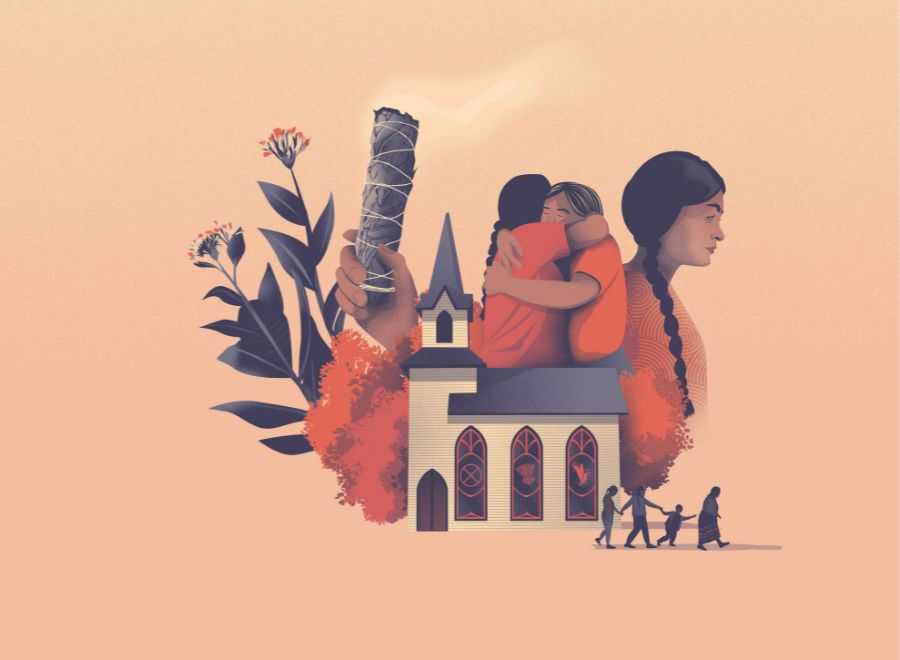


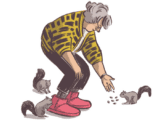





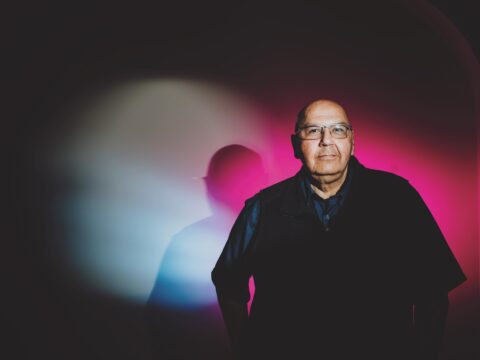


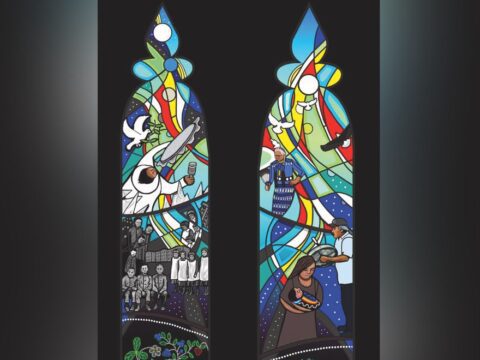
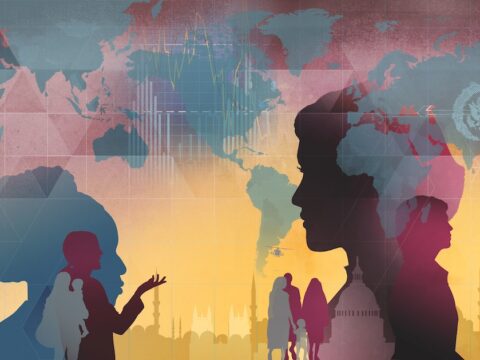
She didn’t lose her religion- she returned to the Spirit Faith of her people. The Protestant church is painfully beginning to shift to the same ethos as it dies in the past. Rohr wrote a book based on the New Testament, THE UNIVERSAL CHRIST. It echoes the central faith of Buddhism & Hindu faith; That centrals stress on ” the Spirit in me greets the Spirit in you; Presence one to another; Life flowing one to another. Basic Indigenous Faith.
I agree with Stan. These people are turning away from “christianity” (lower case on purpose). They are not turning away from religion. “Indigenous spirituality” is a religion.
What they are doing is changing “gods”
Living in the Spirit. This is what God/Creator wants us to do. I hope you will grow in the Spirit and share your peace and love among all the people you meet. Do not be sidelined by labels and categories put upon you. Indigenous spiritual practices existed before christianity.
The Gospel of John does warn us, John 4.3
“And every spirit that confesseth not that Jesus Christ is come in the flesh is not of God and this is that spirit of antichrist where of ye have heard that it should come and even now already is it in the world.” Peoples’ holy spirit has been ravaged, hurt, damaged, controlled by alcohol, drugs, punctured by hate, and self loathing. Only we as individuals can surpass this pain by living in the Spirit.
At an event I had a philosophical discussion about ducks with an elder. He said that the Great Spirit was central to his upbringing. So the Christian Holy Spirit felt about right to him. However, he saw with his own eyes and heard with his own ears many Christians didn’t carry it within them. He turned an old saying around: If they don’t walk like a duck and quack like a duck they’re not a duck. A lot of them quack a lot but not much else.
As a white Christian man I felt ashamed, but he reassured me. Don’t be ashamed because of another duck’s bad behaviour. You’re a good duck.
I sure hope so.